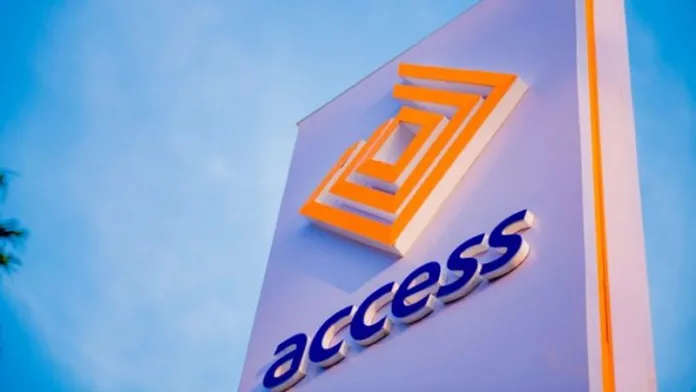The Pros and Cons of Franchising Your Business
A franchise is when a franchisor (owner of the trademark) grants a franchisee the right to use franchisor’s trademark for a fee and then exerts a “significant degree of control over the franchisee’s method of operation,” or”provides significant assistance in the franchisee’s method of operation,” according to the federal definition of a franchise —16 Code of Federal Regulation 436 et seq.

This model applies to owners that want to grow a larger equity building business asset. A franchisor can expand and collect fees from others that want to purchase, own and operate the business that’s offered by the owner and operate under their trademark(s), systems, training and ongoing support.
Franchise buyers will typically pay an initial franchise fee(IFF) as well as ongoing royalties. Royalties are usually a percentage (4-6 percent) of each franchise owner’s monthly gross revenue. These ongoing fees enable the franchisor to continuously improve the business systems and support the franchise community to help grow their respective businesses.
Structure options within franchising
One of the advantages of the franchise model is its flexible structure options. These options offer growth benefits to both the franchisor and franchisees.
Single-unit franchise
The single-unit franchise is the most common model, where the franchise buyer profile is usually made up of individuals or families that desire business ownership and purchase a single unit. Some franchise organizations suffer by trying to limit buyers to only multi-unit ownership, which can overburden buyers and result in business failure.
Multi-unit franchise
The good news is that many successful single-unit operators choose to become multi-unit owners. They learn that success with one franchise unit can be duplicated to expand and achieve their goals by utilizing the infrastructure built by the franchisor. You’ll want to make sure that interested franchise owners are vetted by your internal franchise-development team — even though they’re existing franchisees, they need to be qualified for multi-unit ownership. One good franchise is much better than two struggling franchises, so be sure they can handle the added expense and management duties.
Area developers
Franchisees that have the desire, ability and wherewithal to build a faster network of franchised units may consider signing an area developer agreement (ADA). This option can enable faster growth as long as all parties follow through with the terms. Committing a franchisee to an ADA who isn’t fully capable can be a recipe for disaster.
Regional developers
The regional developer (RD) model can be very lucrative for both the franchisor as well as the RD’s. This model shares the responsibilities and rewards so both parties have an incentive to grow the region. A common franchisor mistake is awarding regional developer agreements (RDA’s) to unqualified parties hoping that this will reduce their responsibility for an area or region by shifting that to the RD. Many RD’s fail, which hurts the whole system. It’s a good idea to have prospective RD’s own and operate a single unit or multiunit franchise for a period of time before you approve them for an RDA.
Advantages and disadvantages of franchising
It’s important to consider the pros and cons of franchising your business before you commit your time and resources. Franchising can be a great way to expand your business, but it’s a big decision, and you’ll only succeed if you put in 100% focused effort.
Advantages
When discussing the advantages of franchising for the franchisor, it makes sense to discuss the advantages available to the franchisee as well. This is because many advantages for one are also considered advantages for the other. Although the following list specifies the advantages to the franchisor or the franchisee, most are generally held to be advantages for both:
- There’s potential for rapid expansion with minimum capital expenditures.
- Direct managing responsibilities become the franchisee’s obligation and allow the franchisor more freedom to do other things.
- The franchisee generally has pride of ownership and self-motivation because of their capital investment and stake in future profits. (This self-motivation generally results in the franchisee’s lowering their costs, resulting in higher profit margins for the franchisee and greater consumer markets for the franchisor than normally attainable by company employees.) A franchisee will generally have a minimum number of line-management employees and a greater number of staff advisory employees.
- National and local advertising dollars are available for franchisees in far greater amounts than could be generated by the franchisor or franchisee alone.
- There is increased buying power, resulting in lower possible purchase prices for goods used by the franchisee.
- Research and development facilities are available to the franchisor through reports from franchisees.
- The franchisor can have a steady cash flow from royalties.
- The franchisor can maintain consistency and quality in its franchises through wise and fair franchise contract provisions.
- Some limits of liability extend to the final consumer. (Franchisees generally aren’t held to be agents of the franchisor in the event of injuries due to the franchisee’s negligence, as opposed to liability that extends to a company for injuries suffered in a branch store based on company employee negligence.)
Other advantages a franchisor may enjoy can be directly attributed to the advantages that a franchisee will enjoy. In short, if the franchisee is happy, the franchisor will be happy.
Disadvantages
Of course, as is the case with most things in life, there’s usually a downside to every decision you make or venture you pursue. And when it comes to franchising, you need to be aware of some of the disadvantages. Here are a few key disadvantages:
- Decreased net receipts. You’ll make less than that of a company-owned store since you’ll only collect a royalty, which is a small percentage of the unit revenue.
- Independence of franchisees. The franchise owners aren’t your employees, and you don’t have direct management control.
- Difference in required business skills. You may have a different management style than the franchise owners.
- Costs can be high. The upfront investment to franchise your business can be substantial.
Source: entrepreneur.com
Cc: Rick Grossmann




